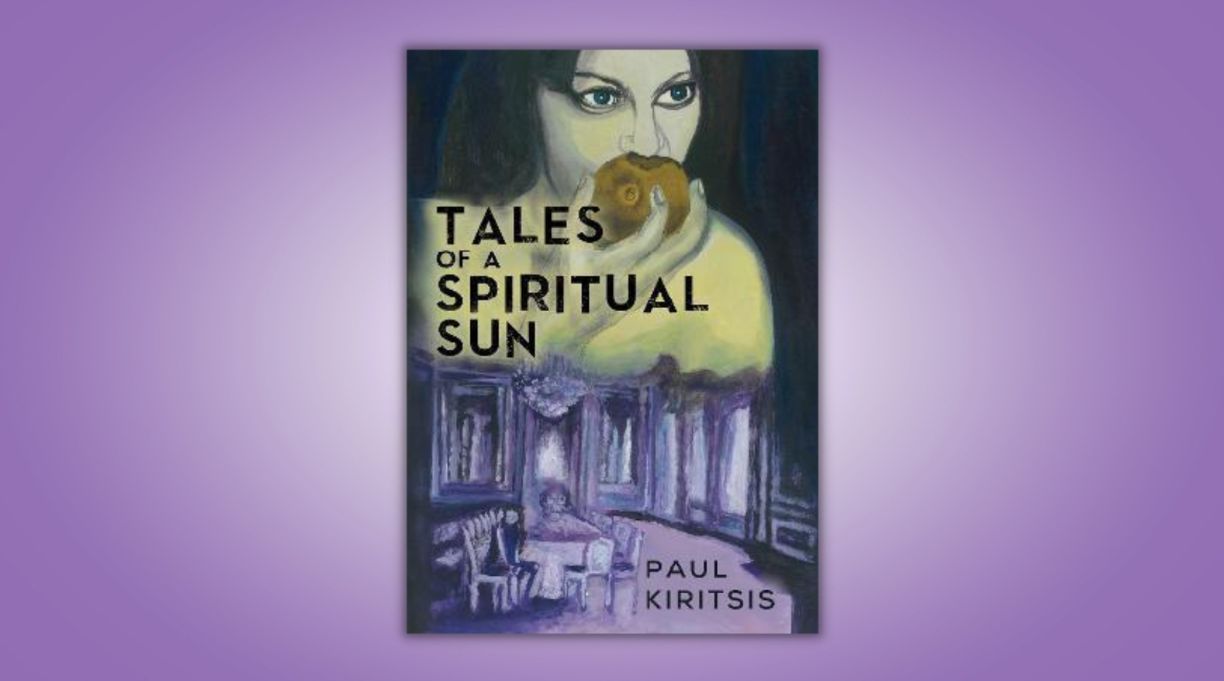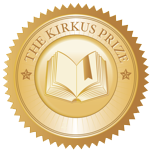Paul Kiritsis was born and raised in Melbourne, Australia, but his parents both hail from northern Greece. And it’s ancient Greece—really ancient Greece—that provides the basis for his book Tales of a Spiritual Sun, a retelling of 13 Greek myths in sometimes modern settings.
“During my formative years, both my grandmothers and my parents were themselves interested in mythology and the local folklore,” Kiritsis recalls. “They would always narrate stories, and many of them were ancient stories—a collection of retellings of the Sphinx and of Perseus and of Medusa.…So I became very interested in Greek mythology.”
In his early teens, that interest manifested in some of the reading he did, but it wasn’t until a number of years later that his book idea was born. “I came across books like The Penelopiad by Margaret Atwood,” Kiritsis says. “Many of the contemporary writers were actually reinventing the old myths. And that’s where I got the idea to write this particular book, because I was interested in the way that stories are retold in a new light. I thought, Maybe I can retell 13 ancient stories in my own way.”
And that’s exactly what Kiritsis did in a book that Kirkus Reviews calls “an offbeat and thought-provoking set of mythic narratives.”
Kiritsis retells the myth of the Sphinx with the Sphinx communicating through a Ouija board; “The Therapist” recasts the tale of Orpheus and Eurydice as a modern horror story; Narcissus is part of a scientific experiment; and Proteus is a shape-shifting deity in the science fiction–tinged “Phantasia.” Other subjects include King Midas and his gold, Pandora and her box, and Eros and Psyche, among others.
Though Tales of a Spiritual Sun was just recently published, Kiritsis actually finished writing it in 2013 while working in counseling in Melbourne, a year before moving to the United States to pursue his doctorate in clinical psychology. Now he lives in Redwood City, California, and treats mostly geriatric patients in San Francisco.
His psychology background provided the basis for some previous books, including The Creative Advantages of Schizophrenia and A Critical Investigation Into Precognitive Dreams, but it also informed Tales of a Spiritual Sun, his first work of fiction. In fact, the title of the work goes directly to the psychological concepts Kiritsis has studied.
“When we think of the sun, it’s the center unit of the solar system, but it can also be thought of esoterically, or metaphorically and allegorically, as the center of oneself, and at the center of myself has always been the battle between what can be quantified and measured versus what can’t.
“This is an ongoing conflict for me,” he adds. “All of these tales gravitate around that concept. These arguments between science and esoteric spirituality manifest in most of the stories. So that’s why I call it Tales of a Spiritual Sun.”
As a voracious reader, Kiritsis had less esoteric tastes growing up in Melbourne. He wrote poetry, but he also loved reading horror and thriller books. “I was very into Dean Koontz, Stephen King, Richard Laymon—all of those writers,” he says. “I devoured many, many books between the ages of 14 and 18, and English and literature were two of my favorite subjects in school, so I ended up writing a lot.”
In fact, Kiritsis thought at one point he’d pursue a career as a novelist or journalist, but his parents steered him elsewhere, and that’s when he discovered psychology. In Tales of a Spiritual Sun, he relies heavily not only on his knowledge of Greek myths, but also of Greek history and culture.
Here, the author recalls another Greek tradition while retelling the story of Pygmalion:
Grunting like an Olympic competitor going through the motions of a difficult clean and press, Pygmalion pulled Galatea through the crouch way and into the canyon with one fluid motion. He managed to stand her up against the flowstone without scraping her against any brittle rocks and issued an extended sigh of relief.
Kiritsis is thrilled, and perhaps a bit surprised, that Tales of a Spiritual Sun has been published by Olympia Publishers. “It’s a book that’s extremely dear to me, very close to my heart, and I spent quite a bit of time on it,” he says. “At one stage, I wasn’t sure if it would be published. You write them, and you put them aside, and you don’t know if they are ever going to be released. And here we are a decade later. I’m very excited about it, that’s for sure.”
Kiritsis has continued to write even during his search for a publisher for Tales of a Spiritual Sun. He wrote The Riddle of Alchemy, which explores the ancient tradition having to do with metals, during the pandemic, and he also has written a book called Shades of Aphrodite: In Search of the Golden Apple.
He calls the latter his magnum opus, based on his many visits to Greece. “I’m very intimately acquainted with the narratives and the stories of Greece, the myths, the legends, the folktales that are associated with each part of Greece,” Kiritsis says. “So I thought, Why don’t I write a book about Greece itself, the metaphysical history, and the narrative history and this rich tradition there…. So it’s a modern travelogue combined with a fictional account of the goddess Aphrodite during the time of the Trojan War when she takes a bite of the golden apple.”
While he prepares Shades of Aphrodite for publication, he’s marketing Tales of a Spiritual Sun, which he thinks has multiple target audiences. “This is fiction, so I know that it’s going to appeal to people who generally like stories or short stories,” he says. “But I also feel like it would appeal to people deeply ensconced in Greek history, Greek mythology, and the classics. So I think it can appeal to multiple demographics.”
Alec Harvey, a former president of the Society for Features Journalism, is a freelance writer based in Alabama.









































